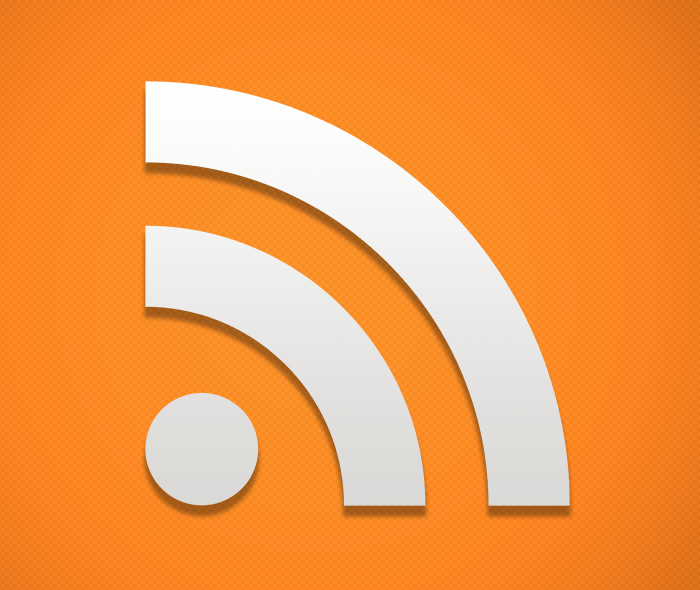The Following Content Has Been Provided by:RealClearWire

For many young girls, their father is the childhood hero, who carries their bike, puts the Band-Aid on their injuries, and — in my case — caught me when I fell off the horse.
But when I was 15, Dad did a lot more than clean a scraped knee. On my way to softball practice, I was in a head-on collision that left me with a traumatic brain injury and in a coma for more than two weeks. I didn’t know it at the time, but my father, who is a first responder for our county, was on the scene.
He stabilized my neck as the emergency team extracted me from the car and lifted me into the ambulance. For many fathers, that might be the most heroic and most difficult thing they do for a child. But a few months after the accident, Dad did something even harder: he told me that there was a bigger hero in my life — God — and that my recovery was between me and Him.
In rural Nebraska, where I live, most 15-year-olds are learning how to drive, stressing over geometry, and working on their family farms. That year, however, I was in a brain trauma rehabilitation facility, learning how to walk, identify colors, and eat properly.
It was the hardest thing I’d ever done, especially as someone who had played softball, raised horses, and coached Special Olympian barrel racers. Now I needed help for things as basic as brushing my teeth, getting dressed, and going to the bathroom.
One day, I was done with it all. Discouraged, exhausted, and resigned to a helpless existence, I told the therapist to take me back to my room at Madonna Rehabilitation Hospital. There was Dad, once again my biggest supporter, who literally had saved my life.
Only this time, he wasn’t the hero. “I can’t make you walk,” he said. “This is a conversation you need to have with God.”
I was floored, but Dad was right. I was stuck in my own misery and had never taken my circumstances to my Heavenly Father. Part of it was pride. I had been the one who was competitive and took care of others. Now I was totally dependent on others.
In total humility, I stared at the ceiling of my rehab room, and I asked God for help. The next day, I was ready to try again and to try and stand for the first time.
Almost three years after that conversation, I still don’t know why God allowed me to be in that accident. But I’ve come to realize that my story isn’t about me — but about what it can do for others.
For example, I was ticked when I found out that 98,000 people on my Caring Bridge page saw images of me on a hospital bed. But I’ve also heard from some of those people directly that seeing my struggle gave them hope and increased their faith. I went to prom this spring with a young man named Carson, a friend I made at Madonna. He was in an accident like mine and is confined to a wheelchair. While his body is still struggling, it’s clear that his light is very much alive. What he needs more than anything as he continues on his recovery is to feel a real connection with other people, especially those his age.
And this summer, I’ll be going to New Orleans with 20,000 teenagers, young adults. and supportive adults for the Lutheran Church-Missouri Synod Youth Gathering. My story won’t be plastered on the screens, but it’ll certainly come up in conversation, especially since I attended the last Gathering just months before my accident. Answering “What have you been up to?” could help kids recovering from their own traumas, impacted by family abuse, or simply stuck in the mental health challenges common in my generation.
As Father’s Day approaches, I’m eternally grateful that I get to spend yet another one with my dad, the man who held me as a baby and also when I was being loaded into an ambulance. And I’m even more grateful to the Heavenly Father, who is still the other hero by my side.




